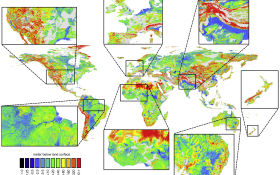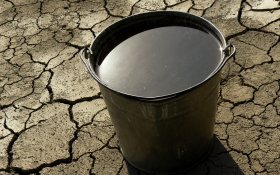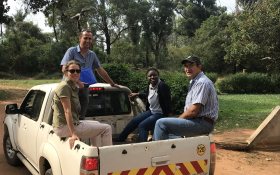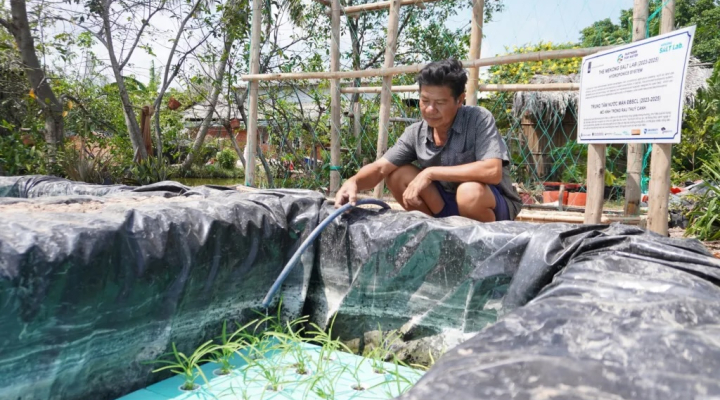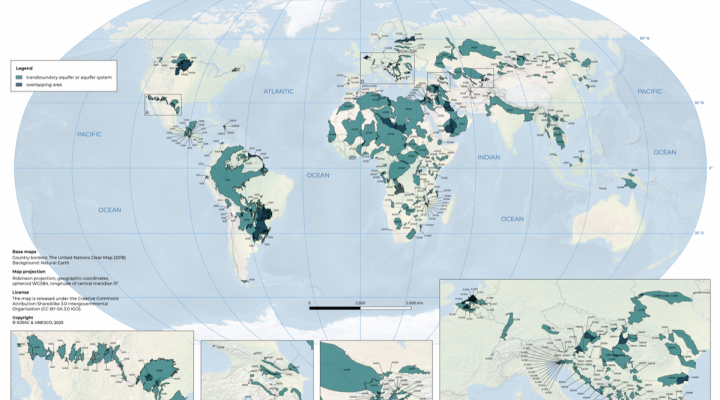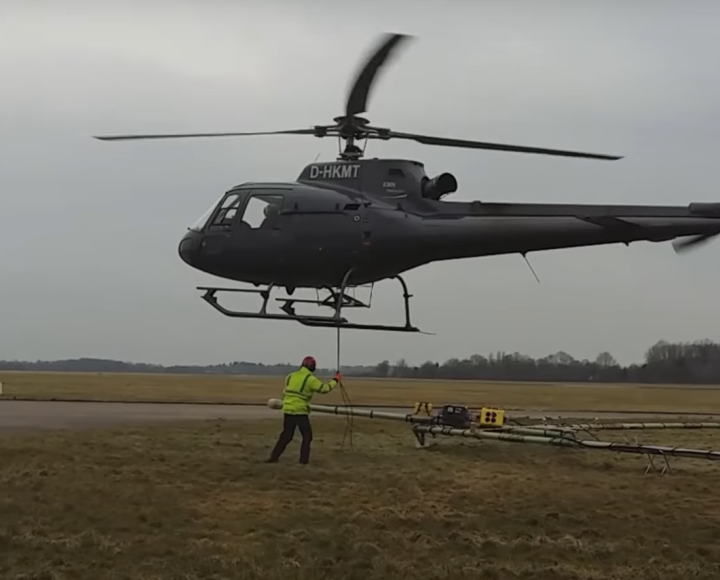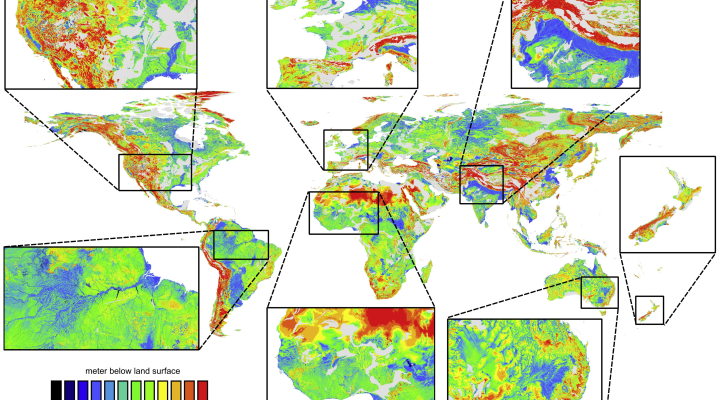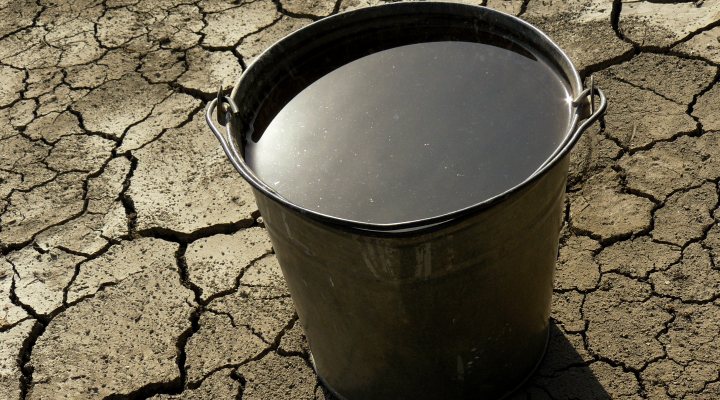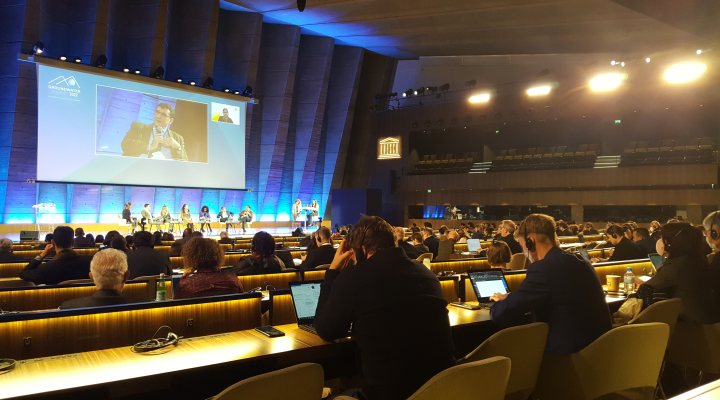
Serious gaming to drive long-term water strategy
How do you unite stakeholders like industrial and utility professionals to help drive long-term water strategy and collaboration? In the Dutch province of Groningen serious gaming is being used to develop future-proof solutions.
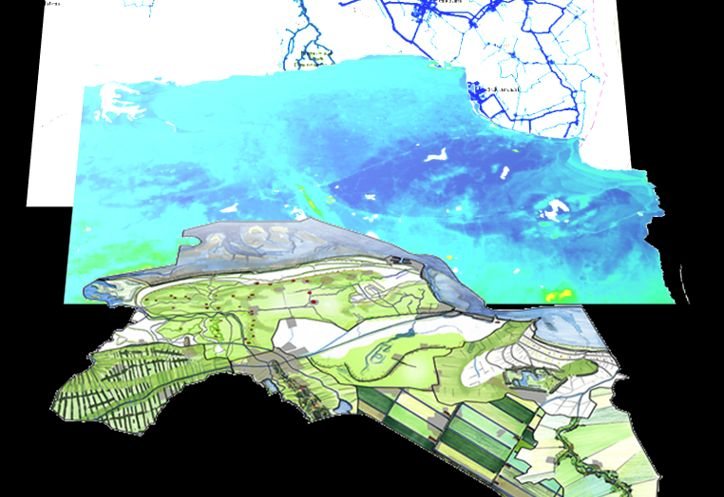

After three dry summers in the Netherlands, a project called Aqua Ludens is bringing together stakeholders, including water authorities, drinking water companies, seaports authority, agriculture, nature protection organisations, industrial companies, SME, knowledge institutions and municipalities. The input of these stakeholders is essential for developing an effective toolkit, which includes serious gaming.
The province of Groningen lacks large watercourses and fresh groundwater has limited availability. It is therefore not self-evident that, now and in the future, there will be sufficient freshwater available for all functions, such as drinking water, industry, agriculture and nature. Freshwater supply capacity is reaching its limits, while at the same time demand for water in the province of Groningen is expected to grow for example for industry, data centres and green hydrogen.
“Historically, the Netherlands has been used to an abundance of water, but the recent summers show that even here, we face a situation with a lack of freshwater,” said Dirk van der Woerdt, strategic advisor business development at WLN, a joint venture of the drinking water companies from the provinces of Groningen and Drenthe. “Scenario planning is a traditional method for long-term water strategy, but with serious gaming, we can engage the people involved to a higher degree. People can experience the future situation together,” added van der Woerdt.
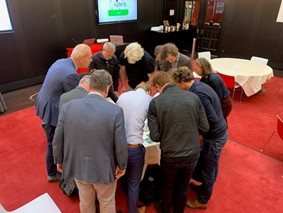

Stakeholder engagement
With serious gaming at its heart, Aqua Ludens aims to help engage and connect multiple stakeholders by sharing insights into the importance of water, freshwater availability and economic feasibility. The three-year project includes partners KWR Water Research Institute, WLN (Water Laboratory North), Exeter University (UK) and NHL Stenden University of Applied Sciences Leeuwarden.
Partners within the project collaborate on multiple components, including mapping users and needs, game design, and system knowledge in a model and application. Peter van Thienen, a principal scientist at KWR, believes all stakeholders are needed to help design water systems of the future, and serious gaming is one way to engage large, diverse groups.
“Different stakeholders sometimes lack a complete understanding of the functioning of the water system or the complete overview of the motivations of other stakeholders,” he said. “Additional instruments, such as serious gaming, can help with this understanding and thus lead to more balanced decisions.”
“In the long term, we want to apply the approach to other areas in the Netherlands and beyond the country’s borders,” added Peter van Thienen. “We’re developing a solution which can be applied elsewhere.
Serious game deliverables
Aqua Ludens started in January 2021 and will run until 31 December 2023. The project is co-financed by the WiCE (Water in the Circular Economy) research programme, a collaboration of Dutch drinking water companies and KWR that focuses on issues related to the circular economy, climate adaptation and transition to a sustainable energy supply. Over the three years, the serious game being developed will offer:
- Development of a hydrological/economical model to provide insights on how different measures and interventions will help to balance supply and demand in the future
- Making the impact of measures and investments visible, also for individual parties such as industries, and how choices made now can influence available choices in the future
- Making the impact of scenarios transparent
- To go through the ‘search process’ of the possible impact of the scenarios together with the stakeholders.
After the three-year project in the Groningen province, the partners intend to take the learnings further afield in the Netherlands and internationally.




